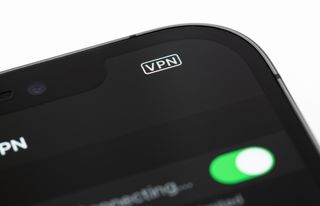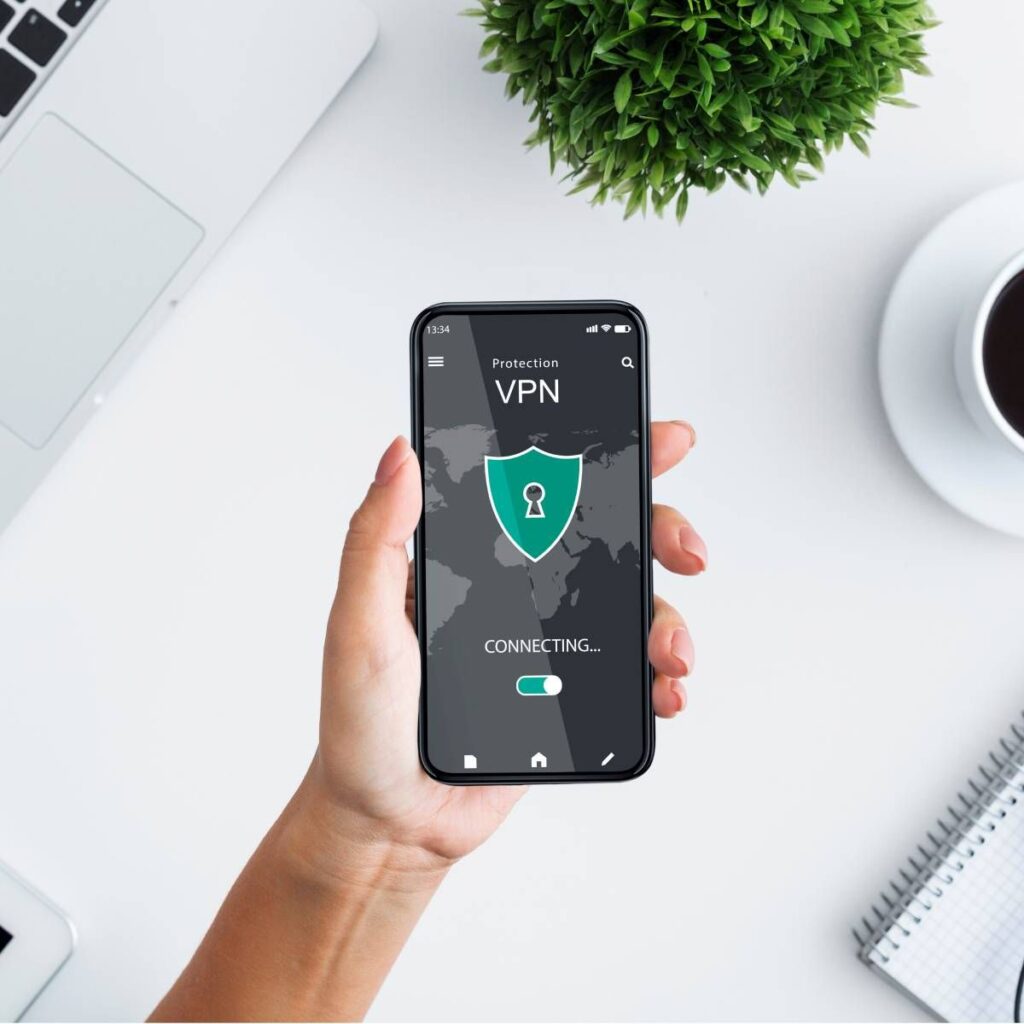What is My Ip – Why Vpn is Important? Your IP address is a unique identifier assigned to your device on the Internet. A VPN hides your IP address, enhancing privacy and security.
A Virtual Private Network (VPN) is essential for safeguarding your online activities. It encrypts your internet connection, protecting sensitive data from hackers and snoopers. By masking your IP address, a VPN provides anonymity, allowing you to browse the web privately.
It also enables access to geo-restricted content, bypassing regional censorship. Whether using public Wi-Fi or accessing personal accounts, a VPN ensures a secure and private connection. This tool is crucial for maintaining digital privacy and protecting personal information in our increasingly connected world.
What Is An IP address?
An IP address is a unique identifier for devices on a network. It acts like a phone number for your computer, allowing it to communicate with other devices. Understanding your IP address is crucial for internet connectivity and security.
Types Of IP addresses
There are several types of IP addresses, each serving a unique purpose. Here’s a breakdown:
- IPv4: The most common type, consisting of four sets of numbers.
- IPv6: A newer type designed to replace IPv4 with a longer address format.
- Public IP: Used for devices that connect to the internet directly.
- Private IP: Used within private networks, not visible to the internet.
- Static IP: A permanent IP address assigned to a device.
- Dynamic IP: Temporarily assigned and can change over time.
How IP Addresses Work
IP addresses are essential for routing information on the internet. They function through the following steps:
- Request: Your device sends a request for information.
- Routing: The request is routed through various networks.
- Response: The destination server sends back the requested data.
- Delivery: The data reaches your device using your IP address.
This process ensures that your device connects to the correct server. It helps you access the information you need.
Understanding IP addresses is vital for internet security. A VPN can help protect your IP address. In the next section, learn more about the importance of a VPN.
Credit: nordvpn.com
Tracking Your Ip
Tracking your IP address reveals your online identity and tells you where you are. IP tracking can show your location, browsing habits, and more. This can lead to privacy issues, but understanding this helps protect your data.
Geolocation And Privacy
Your IP address links to your physical location. Websites can track your geolocation. This data can be used for targeted ads and sold to third parties, compromising your privacy. Protecting your IP is crucial.
Using a VPN hides your real IP and gives you a new one. This keeps your location private, stops websites from tracking you, and prevents data collectors from accessing your information.
Risks Of IP Exposure
Exposed IP addresses can lead to many risks. Cybercriminals can use your IP for attacks. This includes DDoS and hacking. They can steal your personal data. They can also track your online activities.
Here are some risks of IP exposure:
- Identity Theft: Hackers can steal your identity.
- Location Tracking: Your location can be easily tracked.
- Data Collection: Companies can collect and sell your data.
- Targeted Attacks: You can become a target for cyber-attacks.
A VPN can protect you from these risks. It hides your IP and encrypts your data, ensuring your online activities remain private.
Vpn Basics
Understanding VPNs, or virtual private networks, is crucial in today’s digital age. VPNs protect your online privacy by hiding your IP address and making your internet activity private. This section will cover how VPNs work and the different VPN services that are available.
How Vpns Function
VPNs create a secure tunnel between your device and the internet. This tunnel encrypts your data, making it unreadable to hackers. Your IP address gets hidden, making your online activity anonymous.
Here’s a simple breakdown of the process:
- Your device connects to a VPN server.
- The VPN server encrypts your data.
- The encrypted data travels through the internet.
- At the destination, the data is decrypted for the intended recipient.
This process ensures your data remains secure and private.
Types Of Vpn Services
Different VPN services offer various features and benefits. Here are some common types:
- Remote Access VPN: Connects individual users to a private network.
- Site-to-Site VPN: Connects entire networks to each other.
- Client-Based VPN: Requires software installation on the user’s device.
- Clientless VPN: This uses a web browser to connect.
Each type serves different needs, from personal use to enterprise-level security.
Choosing the right VPN depends on your specific requirements. Always consider factors like speed, security, and ease of use.
Importance Of Vpns
Understanding your IP address can reveal much about your online presence. VPNs (Virtual Private Networks) are vital in protecting that presence. They provide a secure way to browse the internet while keeping your data safe. This section explores why VPNs are essential.
Enhanced Security
VPNs encrypt your internet connection. This ensures that hackers cannot easily access your data. Encryption keeps your personal information safe, even on public Wi-Fi networks.
Strong encryption is crucial for protecting sensitive data, such as passwords, bank details, and personal messages. Without a VPN, your data is vulnerable to cybercriminals.
Many VPNs offer additional security features, such as firewalls, malware protection, and IP masking, which further enhance online security.
Accessing Restricted Content
VPNs allow you to bypass geo-restrictions, which means you can access content that is blocked in your country. For example, streaming services may have libraries in different regions.
With a VPN, you can connect to a server in another country. This makes it appear as if you are browsing from that location. As a result, you can enjoy content from around the world.
VPNs are also useful for accessing restricted websites at work or school. They allow users to use the Internet freely and without limitations.
| Benefit | Description |
|---|---|
| Enhanced Security | Encrypts your data, protecting it from hackers. |
| Accessing Restricted Content | Allows you to bypass geo-restrictions and censorship. |
A VPN is a simple and effective way to enhance your online experience. Whether you want to secure your data or access restricted content, a VPN provides many benefits.

Credit: www.blackview.hk
Frequently Asked Questions
What Does A Vpn Do To My Ip Address?
A VPN masks your IP address by replacing it with one from the VPN server, enhancing online privacy and security.
Why Would I Need A Vpn?
A VPN ensures privacy online, secures data from hackers, and enables access to restricted content. It hides your IP address, providing anonymity. Use it for safer browsing on public Wi-Fi.
Does My Ip Change If I Use Vpn?
Yes, using a VPN changes your IP address. It masks your real IP with one from the VPN server.
Should Vpn Be On Or Off?
Keep your VPN on for better security and privacy online. Turn it off only for trusted networks or specific tasks.
Conclusion
Understanding your IP address is crucial for online privacy. A VPN protects your data and ensures anonymity. By using a VPN, you safeguard personal information from hackers and trackers. It’s a small step that offers significant security benefits. Stay safe and browse confidently with a reliable VPN service.


